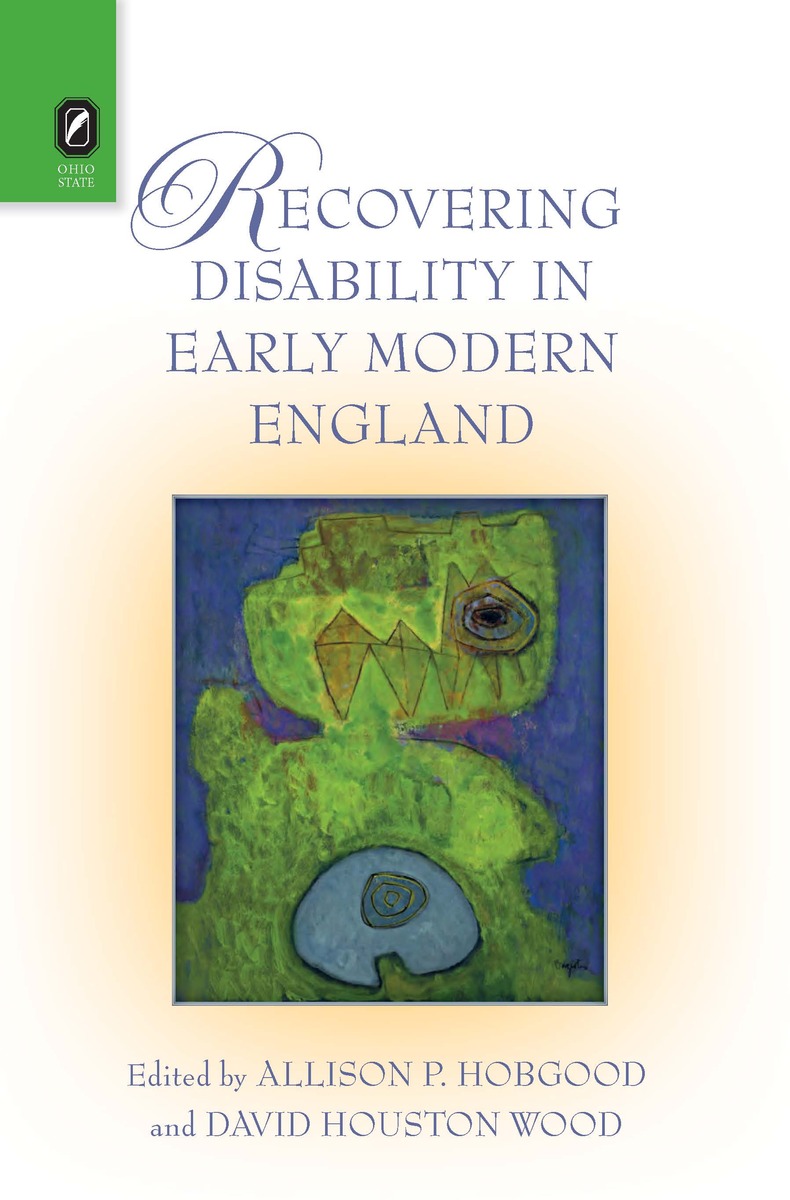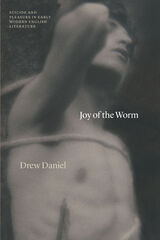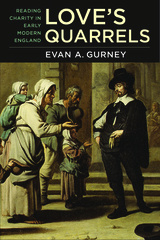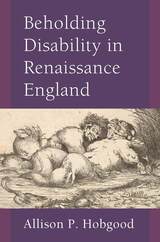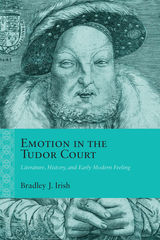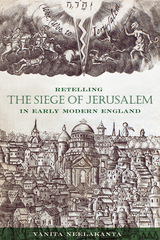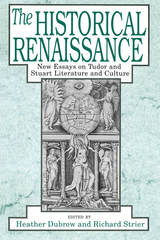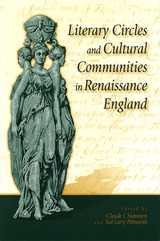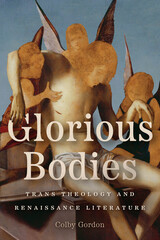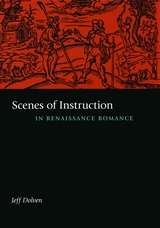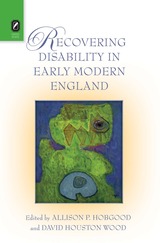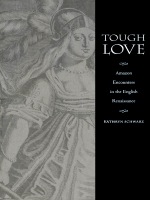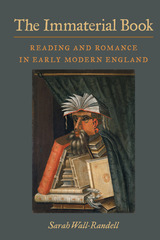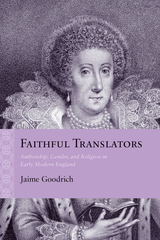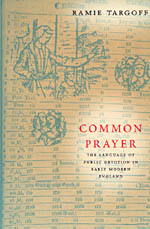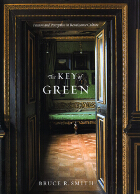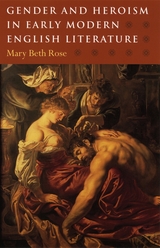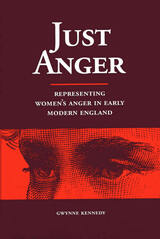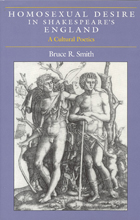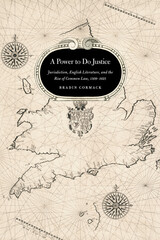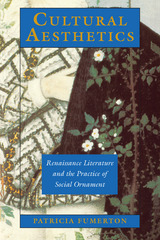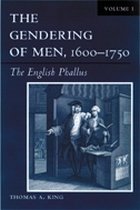Recovering Disability in Early Modern England
The Ohio State University Press, 2013
Cloth: 978-0-8142-1215-8 | Paper: 978-0-8142-5643-5 | eISBN: 978-0-8142-7943-4 (individual) | eISBN: 978-0-8142-7013-4 (institutional)
Library of Congress Classification PR423.R43 2013
Dewey Decimal Classification 820.93527
Cloth: 978-0-8142-1215-8 | Paper: 978-0-8142-5643-5 | eISBN: 978-0-8142-7943-4 (individual) | eISBN: 978-0-8142-7013-4 (institutional)
Library of Congress Classification PR423.R43 2013
Dewey Decimal Classification 820.93527
ABOUT THIS BOOK | AUTHOR BIOGRAPHY | REVIEWS | TOC
ABOUT THIS BOOK
While early modern selfhood has been explored during the last two decades via a series of historical identity studies involving class, race and ethnicity, and gender and sexuality, until very recently there has been little engagement with disability and disabled selves in sixteenth- and seventeenth-century England. This omission is especially problematic insofar as representations of disabled bodies and minds serve as some of the signature features in English Renaissance texts. Recovering Disability in Early Modern England explores how recent conversations about difference in the period have either overlooked or misidentified disability representations. It also presents early modern disability studies as a new theoretical lens that can reanimate scholarly dialogue about human variation and early modern subjectivities even as it motivates more politically invested classroom pedagogies. The ten essays in this collection range across genre, scope, and time, including examinations of real-life court dwarfs and dwarf narrators in Edmund Spenser’s poetry; disability in Aphra Behn’s assessment of gender and femininity; disability humor, Renaissance jest books, and cultural ideas about difference; madness in revenge tragedies; Spenserian allegory and impairment; the materiality of literary blindness; feigned disability in Jonsonian drama; political appropriation of Richard III in the postcommunist Czech Republic; the Book of Common Prayeras textual accommodation for cognitive disability; and Thomas Hobbes’s and John Locke’s inherently ableist conceptions of freedom and political citizenship.
See other books on: Early Modern England | Early modern, 1500-1700 | Hobgood, Allison P. | People with disabilities in literature | Shakespeare
See other titles from The Ohio State University Press
